Plenary Speakers
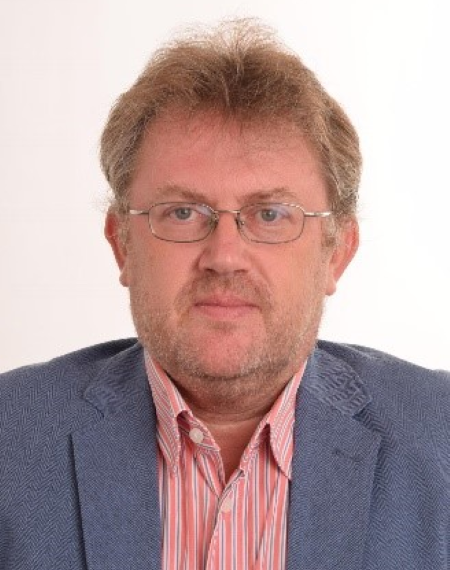
Bernard De Baets
Bernard De Baets is a Senior Full Professor and Head of Department at the Department of Data Analysis and Mathematical Modelling of the Faculty of Bioscience Engineering of Ghent University. He is leading the Knowledge-based Systems research unit KERMIT. As a trained mathematician, computer scientist and knowledge engineer, he has developed a passion for multi- and interdisciplinary research. While being deeply involved in fundamental research in three interlaced research threads (knowledge-based, predictive and spatio-temporal modelling), he also aims at innovative applications in the applied biological sciences. He is a prolific writer, with a bibliography comprising over 550 peer-reviewed journal papers (bestowed with various best paper awards), accumulating close to 25000 Google scholar citations. He actively serves the research community, in particular as editor-in-chief of Fuzzy Sets and Systems and as a member of the editorial board of several other journals. Bernard is an Honorary Professor of Budapest Tech (Hungary), a Doctor Honoris Causa of the University of Turku (Finland), a Profesor Invitado of the Universidad Central “Marta Abreu” de las Villas (Cuba) and a Professor Extraordinarius of the University of South Africa. He is a fellow of IFSA (International Fuzzy Systems Association), a recipient of the EUSFLAT Scientific Excellence Award and a nominee of the Ghent University Prometheus Award for Research.
Title for the plenary talk:
It’s All Convolution, Stupid!
Humberto Bustince
Humberto Bustince Sola is a full professor of Computer Science and Artificial Intelligence at the Public University of Navarra and honorary professor at the University of Nottingham since 2017. He has authored or coauthored more than 300 works, according to Web of Science, including around 120 in Q1 journals. In these papers, he has introduced key ideas for data fusion and uncertainty handling in Artificial Intelligence, including ignorance functions, overlap functions, admissible orders, CF-integrals, preaggregations or d-integrals. He actively collaborates with first line research groups from countries such as United Kingdom, Belgium, Australia, the Czech Republic, Slovakia, Poland, or Brasil. He is editor in chief of the Mathware&Soft Computing online magazine of the European Society of Fuzzy Logic and technologies and of the Axioms journal.Member of the editorial boards of the journals Fuzzy Sets and Systems, Information Fusion, International Journal of Computational Intelligence Systems and Journal of Intelligent & Fuzzy Systems. He has led 13 research projects funded by national and regional governments, and two excellence networks on soft computing. He is Fellow Member of IEEE and Fellow of the International Fuzzy Systems Association (IFSA). President of IFSA since 2023. He got the National Computer Science Prize José García Santesmases in 2019 and the Scientific Excellence Award of EUSFLAT the same year. His activities for the Navarra society were rewarded by the Government of Navarra in 2017 with the Cross of Carlos III the Noble, which is the highest civil recognition in the Community. He is also a member of the Basque Academy of Sciences, Arts and Literature, Jakiunde, since 2018.
Title for the plenary talk:
Possible Applications of Fuzzy Theory in Artificial Intelligence
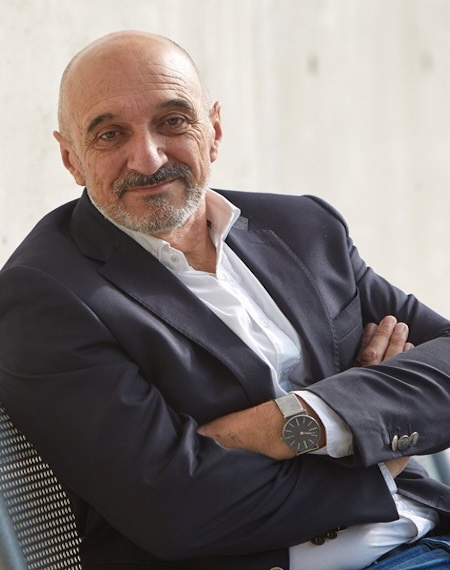

Oscar Cordón
Oscard Cordon is a Full Professor at the Department of Computer Science and Artificial Intelligence of the University of Granada (UGR). He is a Soft Computing and Intelligent Information Systems research group member. He was granted the Outstanding UGR Research Group Award in 2013, where he heads the Soft Computing for Complex Environments (SOCCER) lab. Oscar Cordón was also the founder and leader of the Virtual Learning Centre of the University of Granada (CEVUG) between 2001 and 2005 and is currently Vice-Rector for Digital University since 2015. From April 2006 to December 2015, he was affiliated with the European Centre for Soft Computing, a private international research centre, where he first acted as the founding Principal Researcher of the Applications of Fuzzy Logic and Evolutionary Algorithms Research Unit until August 2011 and later as Distinguished Affiliated Researcher until December 2015. He also has R&D collaborations with R0D Brand Consultants and with the Prothius Industrial Engineering Chair. He received the UGR Young Researcher Career Award in 2004, the IEEE Computational Intelligence Society Outstanding Early Career Award in 2011, the first such award conferred, and the National Award on Computer Science ARITMEL by the Spanish Computer Science Scientific Society in 2014. He has published more than 330 peer-reviewed scientific publications, including 93 papers in JCR-SCI-indexed journals (50 in Q1). He has a very remarkable collaboration activity, having co-authored research contributions with more than 60 national and international researchers.
Title for the plenary talk:
Artificial Intelligence for Skeleton-based Biological Profiling and Forensic Human Identification
Katarzyna Kaczmarek-Majer
Katarzyna Kaczmarek-Majer is an Associate Professor at the Systems Research Institute of the Polish Academy of Sciences and the Principal Investigator for the "Explainable Artificial Intelligence for Monitoring Acoustic Features Extracted from Speech" (ExplainMe) project. Moreover, she contributes to the "Research of Excellence on Digital Technologies and Wellbeing" (DigiWell) at the Institute for Research and Applications of Fuzzy Modeling, University of Ostrava, Czech Republic. She holds dual M.Sc. degrees in Mathematics and Computer Science from the University of Poznań and Ph.D. with distinction in Computer Science from the Systems Research Institute of the Polish Academy of Sciences in Warsaw. Katarzyna's expertise includes fuzzy linguistic summarization, computational intelligence, granular computing, and data stream analysis, with a particular focus on applications in medicine and healthcare. Katarzyna also is the President of the eHealth Section of the Polish Information Processing Society.
Title for the plenary talk:
The Role of Fuzzy Linguistic Summaries - New Methods and Challenges
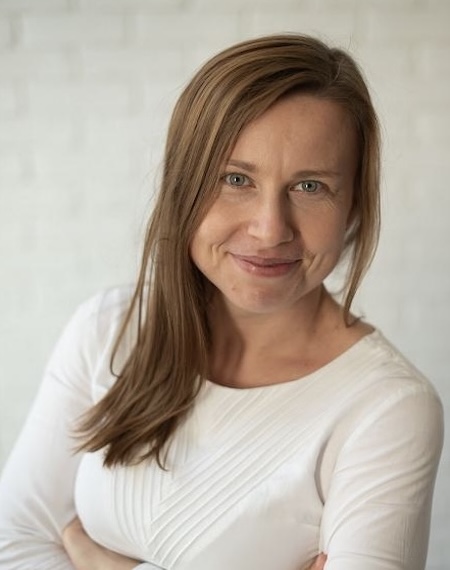
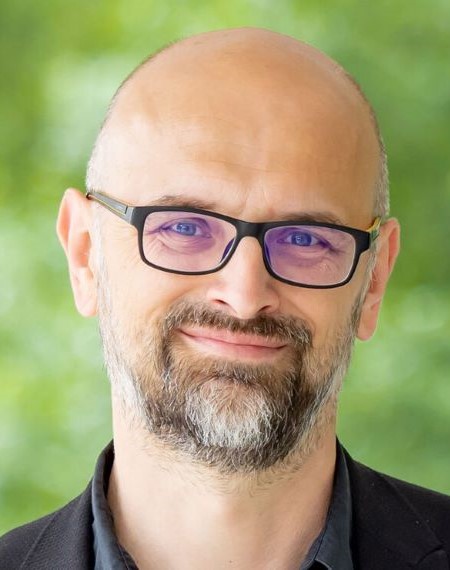
Ulrich Bodenhofer
Ulrich Bodenhofer is a Professor of Artificial Intelligence at the University of Applied Sciences Upper Austria (Hagenberg, Austria). He has a background in Applied Mathematics from Johannes Kepler University Linz and has been involved in machine learning and artificial intelligence research since the 1990s, having worked in fuzzy relations, fuzzy rule-based machine learning, support vector machines, and, more recently, Deep Learning. He also served as a long-term board member of the European Society for Fuzzy Logic and Technology and as its president from 2005 to 2009. The application domains of Prof. Bodenhofer’s applied research include industry, sales analytics, healthcare, and bioinformatics. Since June 2018, he has also been serving as the Chief Artificial Intelligence Officer of the AI startup QUOMATIC.AI.
Title for the plenary talk (tentative):
AI for Good: Machine Learning in Medicine and Healthcare – Basics, Use Cases and Prospects
Andris Ambainis
Andris Ambainis is a Professor of Computer Science at the University of Latvia and a globally recognized expert in quantum computing. He earned his Ph.D. from the University of California, Berkeley, and is known for foundational contributions to quantum algorithms, including quantum walks and the quantum adversary method. His achievements have been honored with a Sloan Fellowship and an invitation to speak at the 2018 International Congress of Mathematicians. He leads the Center for Quantum Computer Science at the University of Latvia and coordinates several international research initiatives, including the QuantERA-funded Hybrid Quantum Classical Computation project. As a co-leader of the Latvian Quantum Technologies Initiative, he is at the forefront of advancing quantum research and innovation in the region.
Title for the plenary talk:
Mathematical Ideas in Quantum Algorithms
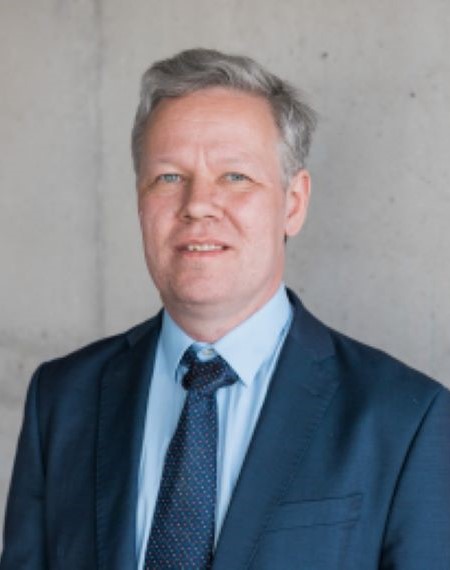
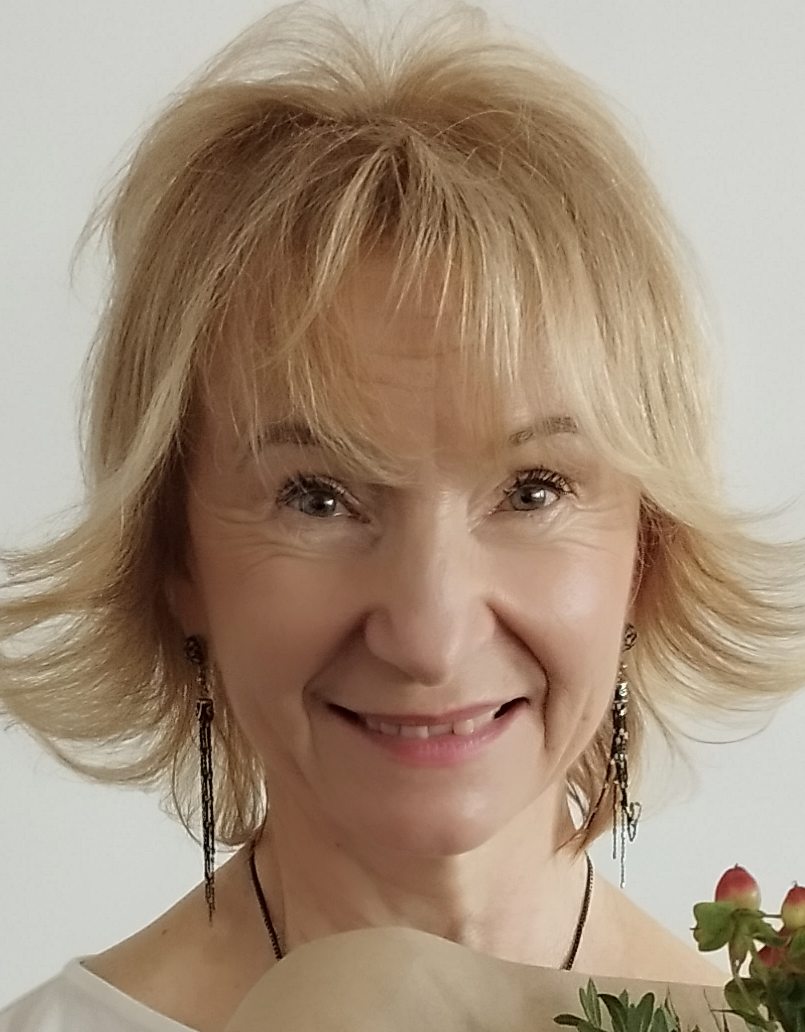
Irina Perfilieva
Irina Perfilieva is a Professor of Applied Mathematics at the University of Ostrava, Czech Republic, where she also leads the Theoretical Research Department at the Institute for Research and Applications of Fuzzy Modeling. She earned her M.S. and Ph.D. degrees in Applied Mathematics from Lomonosov Moscow State University and is internationally recognized for her contributions to fuzzy logic, fuzzy approximation, and fuzzy relation equations. She has published extensively, including over 270 scientific papers and several books, and has held editorial roles in leading journals such as Fuzzy Sets and Systems. She has served on the board of the European Society for Fuzzy Logic and Technology (EUSFLAT), including two terms as Secretary, and was named an Honorary Member in 2013. She is also a Fellow of the International Fuzzy Systems Association (IFSA). Her research has led to practical applications in time series processing, internet services, and image analysis.
Title for the plenary talk:
Alexander Šostak’s Groundbreaking Contributions to Fuzzy Mathematics
Social Programme
Participants can choose from three excursion options. Each option offers a unique experience, providing opportunities to explore the city, history, or nature.

Riga City Tour
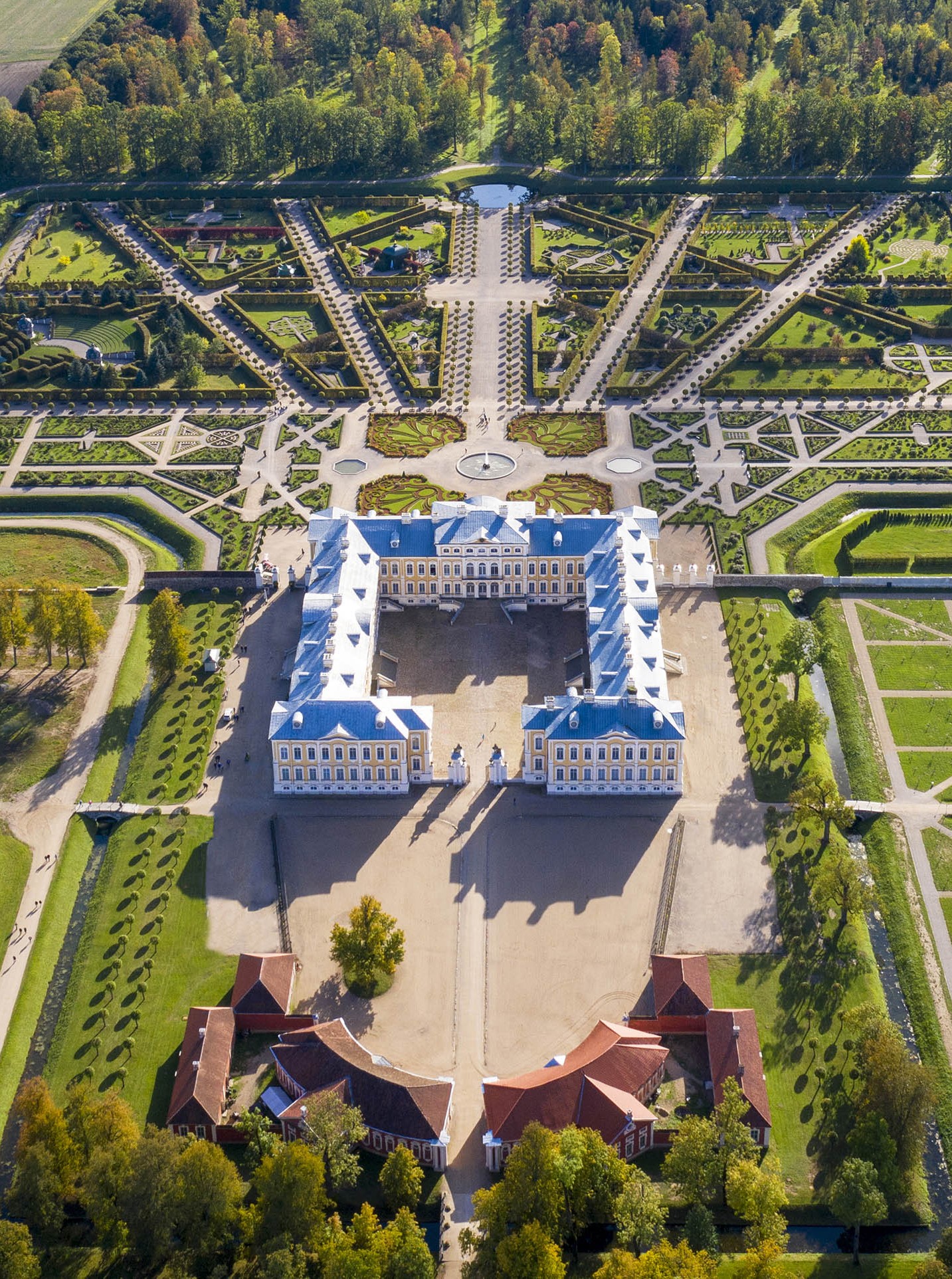
Rundāle Palace
